China has made new progress in its development of next-generation manned rockets, with developers recently conducting a torch ignition experiment for the third-stage engine of the craft at a ground environment.
According to the Sixth Research Academy of China Aerospace Science and Technology Corporation (CASC) on Wednesday, the academy’s 101 Institute conducted the test on Monday at the institute’s upper stage testing venue, and they have acquired the flow characteristics of the oxygen ignition system in the ground environment, which could provide sufficient support for the ground testing of engine ignition reliability in the next stage.
Three oxygen path filling tests and three torch ignition tests on the ground were conducted on the same day, read an article the academy published on Wednesday.
A publicity department staffer with the 101 Institute declined to reveal further details of the test when reached by the Global Times on Wednesday, citing the sensitive nature of the ongoing development.
The event shows the concrete and steady progress China is making in the development of its new homegrown launcher, and it indicates the country’s moon landing confidence has not been affected by U.S. hyping of a space race marked by smearing of China’s program by NASA administrator Bill Nelson, a Beijing-based aerospace watcher, who requested not to be named, told the Global Times.
In an interview with POLITICO on January 1, Nelson said the race to the moon between the U.S. and China is getting tighter and the next two years could determine who gains the upper hand. He warned that China could try to "dominate" the locations it reaches on the lunar surface or even try to "keep the U.S. out."
China displayed a model of the country's own new-generation manned launch vehicle at the 14th China International Aviation and Aerospace Exhibition in Zhuhai, South China's Guangdong Province in November 2022.
The CASC revealed in a statement it provided to the Global Times that the new-generation manned rocket was designed and developed in accordance with Chinese manned space authorities’ overall plan.
Currently, developers are concluding the research stage with newly achieved technological breakthroughs and the rocket is moving into a prototype development stage, according to the CASC.
It will be a three and a half stages launcher that stretches 90 meters in height, 5 meters in diameter and weighs some 2,187 tons at launch. Possessing a launch thrust of 2,678 kilonewtons and two 5-meter-diameter boosters, it is capable of sending a payload of 27 tons directly to the Lunar Transfer Orbit (LTO), or a payload of 70 tons to the near-Earth orbit, per the CASC.
"It will be the key strategic support in the country's development into a space power. It is expected to reach maiden flight conditions by 2027," the CASC said.
Having delivered a record-breaking 50-plus orbital launches in 2022, the CASC – the main contractor for China’s aerospace projects – revealed in early January that it had also scheduled more than 50 aerospace launches in 2023.
The CASC will also push forward the research and development work for the country’s fourth-phase lunar exploration and asteroid probe programs, which include the Chang’e-7 and Tianwen-2 missions.
It is expected that the Long March-6C launcher will also have its maiden flight in 2023, the CASC disclosed.








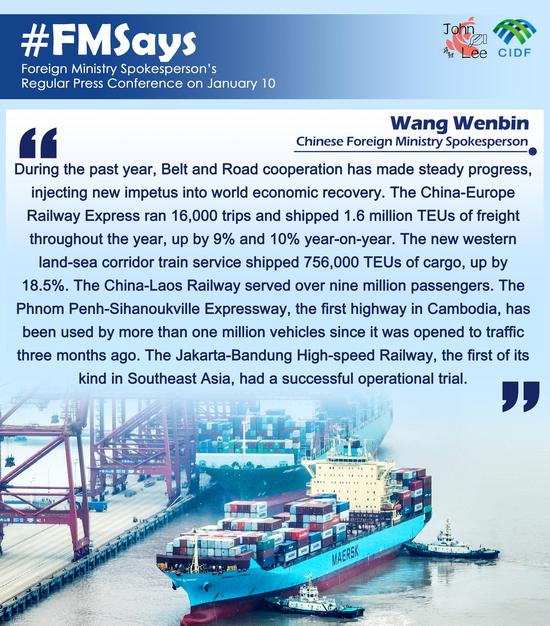




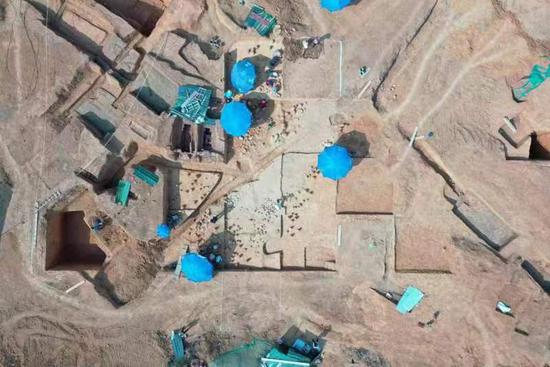
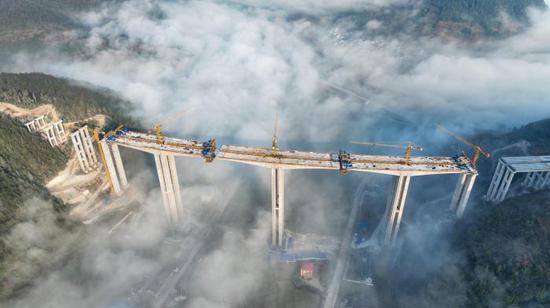
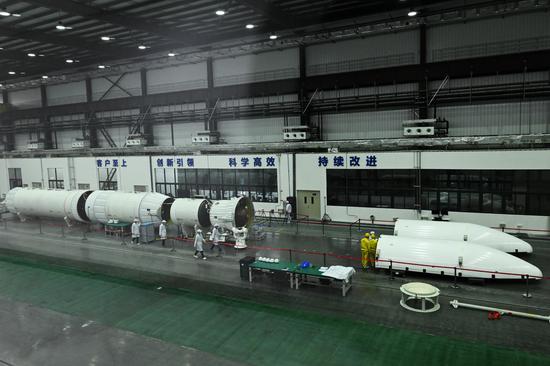



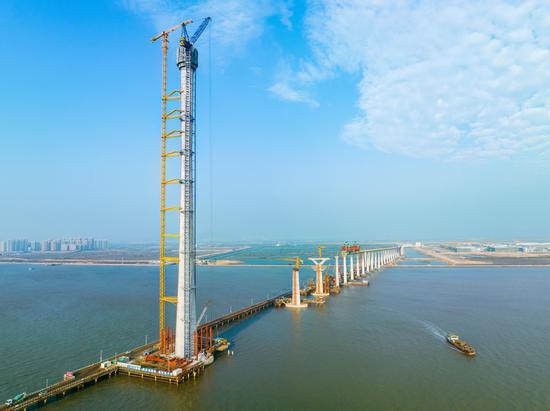


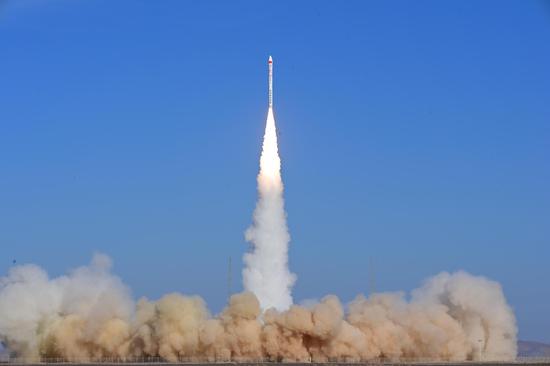
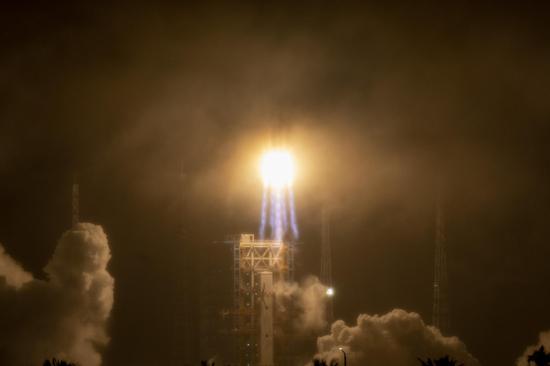


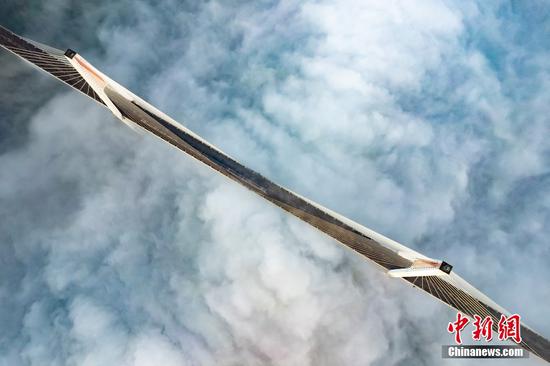





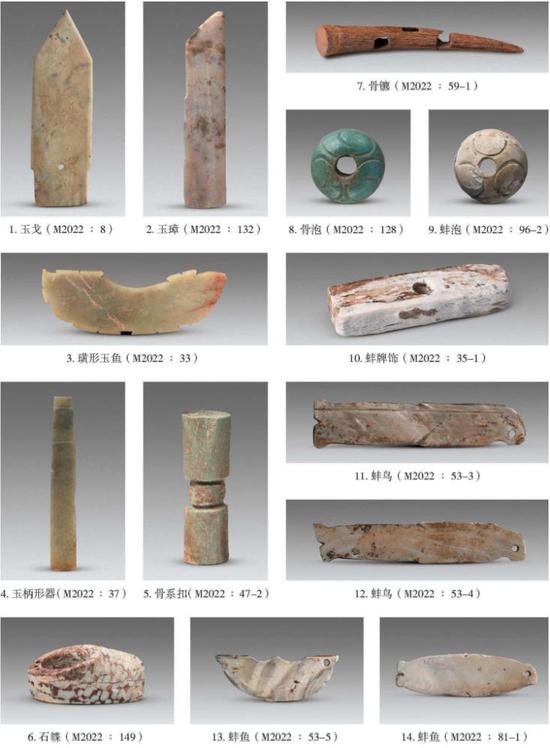

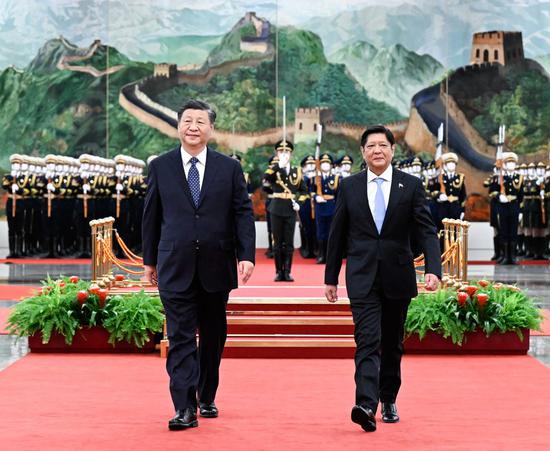















 京公网安备 11010202009201号
京公网安备 11010202009201号